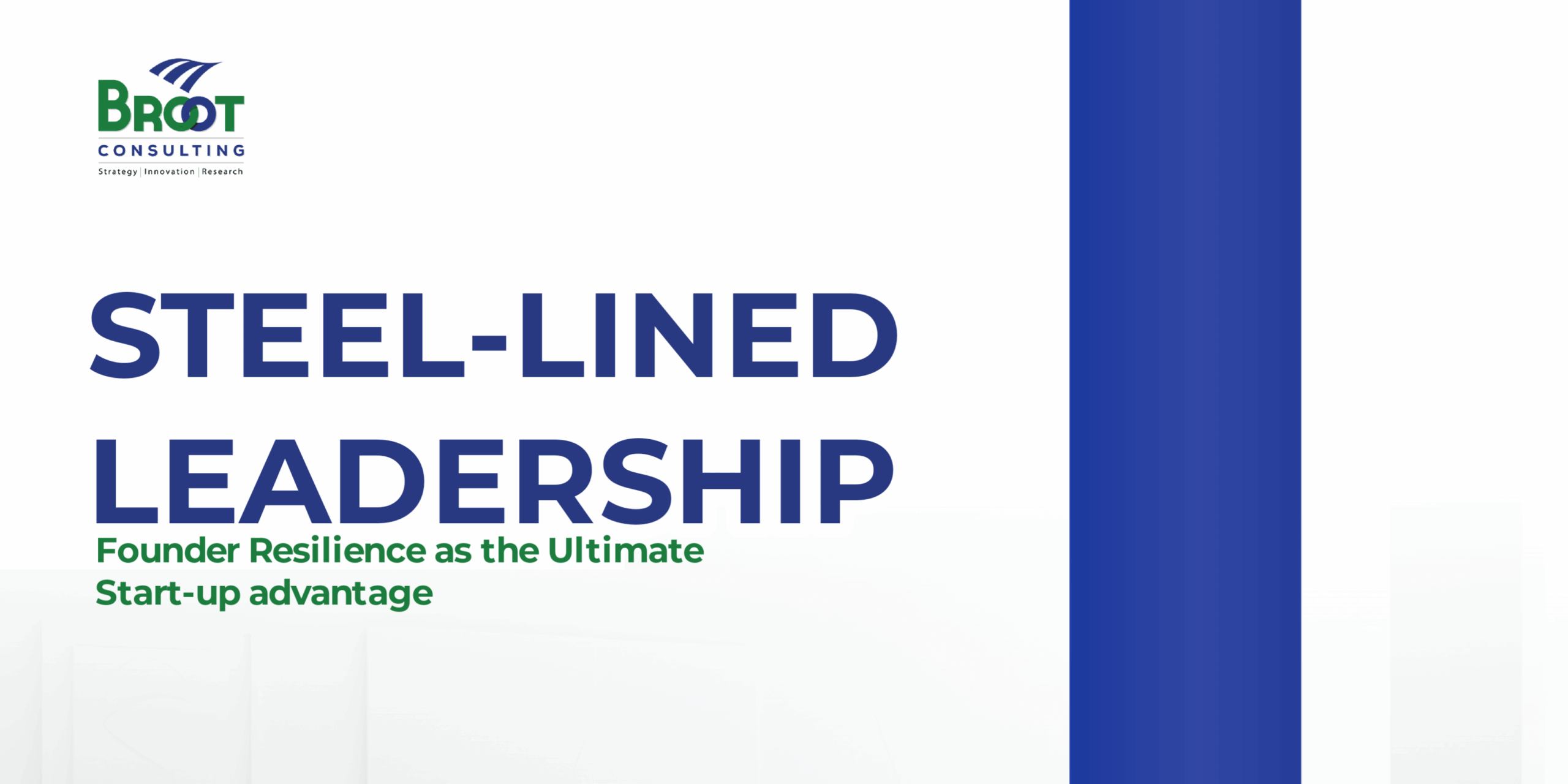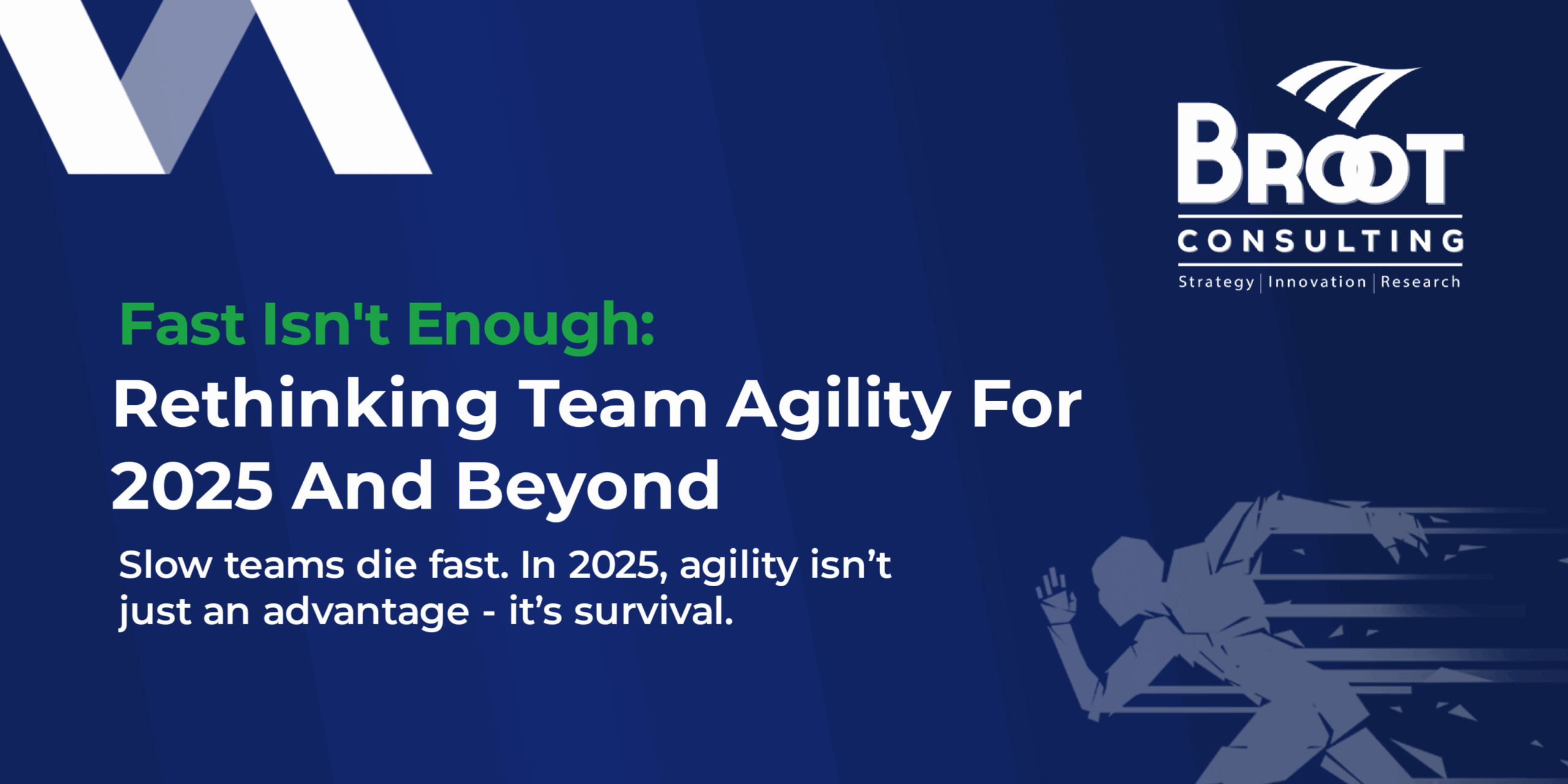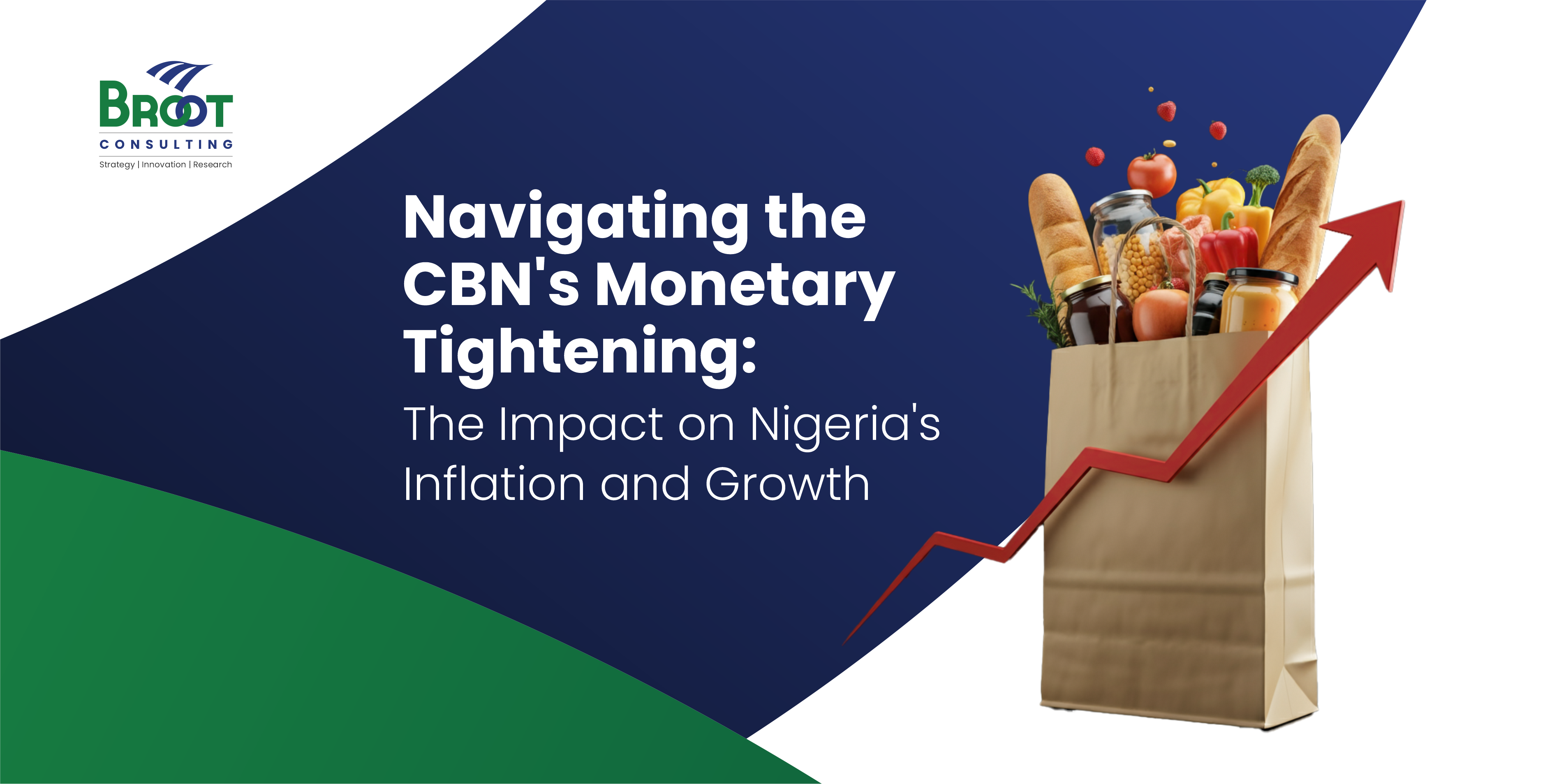When the winds of change blow, some people build walls, and others build windmills. – Chinese Proverb
Let us take a trip to China
How did China become the toast of nations? How did a country plagued with poverty and underdevelopment 40years ago achieve such a monumental transformation? Are there lessons for business and political leaders?
December 2018 makes it exactly 40 years since China embarked on reforms and the opening up of its economy. Before the reforms, the Chinese economy was 5% of USA, 28.1 per cent of Japan, 35.9 per cent of Germany and 43.5 per cent of France however by 2017; China GDP is 2.47 times that of Japan, 3.3 times that of Germany, 4.6 times that of United Kingdom. In 2010 it overtook Germany to become the world’s biggest exporter. In 2017 China had US$3.21 trillion in foreign reserves and overtook Japan as the second largest economy in the world. Within 40 years, its share of the global economy rose from 1.8 per cent in 1978 to 18.2% in 2017.
It is noteworthy to know that in 1978 two-thirds of African Countries had a higher GDP per capita income than China. 40years after, while Africa’s human development index has nosedived, China, on the other hand, was able to lift 800million people out of poverty within the same period. China is currently home to 10% of the world’s 2400 Global Billionaires with 94% of them being self-made. Today, China is the single most significant contributor to global economic growth and the second largest economy in the world. It will be the largest economy by 2030.
China is a pragmatic innovator and a smart imitator. At the beginning of their reforms, they looked for what works and became a better imitator. It is for this reason that it was able to lift 800million people out of poverty, Sub-Saharan Africa has within the same period, seen more people drift into extreme poverty. More than 50 per cent of Africans now live in extreme poverty. In 1970, one in ten extremely poor people globally resided in Africa. Today, one in two extremely poor people live in Africa.
China’s Phenomenal Success and the African Narrative
Engineered by the 300-year Imperialistic rule of Qing dynasty China experienced failed economic practices that saw it retrogress from the world leading economy in 1820 to that of an impoverished state. In 1978, the newly elected Chinese leader Deng Xiaoping (1978-1989), recognised that China was in a disastrous state: an average per capital income of the peasant, who is about 80 per cent of the population was just US$40 per year, Universities were closed, the unemployment was uncontrollably high. People believed that Mao Zedong (Chairman Mao, 1893 -1976) should be blamed for China’s travails, however, Deng believed that “we are all to blame” for allowing a faulty system that had given rise to the mistakes made by Mao Zedong.
Deng Xiaoping
Though Deng had no specific blueprint for bringing wealth to his people and power to his country, he was quoted to have confessed that he will “grope for the stepping stones as he crossed the river”. He adopted a people-focused pragmatic innovation. His radical reform was to open the country wide to modern science, technology and management and new ideas from anywhere in the world, regardless of the country’s political system. He changed the narrative of diplomacy, visited the USA in 1979 and broke the jinx that no Chinese leader had visited the US since 1949. His primary focus was on how to modernise the Chinese economy for the good of his people. He abandoned isolationism for collaboration and patriotism; while in the US, he visited some of the iconic places such as Coca-Cola in Atlanta, Boeing in Seattle and NASA’s Johnson Space Centre in Texas. He also made a very significant statement on the need for a culture shift, he watched the Rodeo and put on the cowboy hat.
His globe-trotting equally took him on a trip to Japan, Singapore and Korea, his mission was simple; Lead China out to develop a system that will work for the benefit of his people and lift them out of poverty. African business and political leaders must begin to draw significant lessons from their trips abroad by ensuring that the developments they are exposed to on such trips become a reality in Africa. According to an analysis by a coalition of UK and African equality and development campaigners, Africa is highly profitable to the rest of the world. Foreign citizens extract more from the continent’s wealth while her citizens continue to be impoverished. It stated that African countries got $162bn in 2015, mainly in loans, aid and personal remittances, however, $203bn was taken from the continent in that same year. Lack of focus, intentionality, patriotism and prevalence of endemic corruptions and self-serving mentality are significant factors that feed underdevelopment.
China’s Pragmatic Strategy
Drop what has not worked, embrace collaboration, peaceful coexistence with opposing views, stop blaming others for the mistake of the past, instead learn from it to actualise your vision. These seem to be the pragmatic strategy adopted by Deng the Chinese Premier. He chose to learn from USSR’s mistake, some of his strategies are very pragmatic
- He did not engage in the blame game with past leaders. He knew the past could not be changed, but he had the opportunity to build a prosperous and strong china.
- Keep a low profile and not be in direct competition with the USA
- Convince the world that its only interest is how to achieve economic development that benefits its people
- Collaborate with countries that have different political ideologies
- Never lose focus of China ‘s unique identity
Thus today, “Made in China” is a dominant brand globally. China became the world’s manufacturing hub; it uses its massive population to its advantage. It specialises in the labour-intensive industries, therefore, becoming an export-led economy due to the low cost of production. Having achieved all of that today, China is not just the global headquarters for the manufacturing of cheap products but now the worldwide leader of innovative product, education, healthcare, entertainment and technology.
China
Critical Lessons for African Political and Business Leaders
African population will hit 2.5billion by 2050; with corresponding increase in the number of the extremely poor people. However, the economic fortune of the continent could witness a dramatic turnaround through strong focus, discipline and opening up of the economy to the private sector. A strong spirit of intentionality is required to achieve this. The following are some of the key insights for Business and Political leaders.
- Recognise your point of failure (POF): China recognised that Communism and Isolation had negatively affected its growth, therefore, in 1978 it embarked on radical reforms. Recognise your POF and copy what has worked in other climes, no need to reinvent the wheel.
- Beware of isolated decision: A collaborative framework is required for any meaningful development. The world is now a global village, anyone who isolates him or herself will miss out on all the advances that abound. African nations should forge and cultivate strong relationships and remove self-imposed boundaries that have made intra-Africa trade difficult.
- Establish a clear pathway: An unambiguous path for growth. The pathway must be such that it is simple to understand, measurable against specific metrics and inspiring to adopt.
- Understand the trends: China recognised the general development and co-operation trends; therefore, she chose to even dine with its perceived opponent in other to create a better life for its people.
- Define the essence of your collaborations’ strategy: Beijing sought harmony with the outside world to enable it to focus on economic development. Its focus is simply a strong and prosperous China!
- Develop a strong case and be humble in your quest: China’s request to the developed world was simply to build its economy and create jobs. Today, the Chinese economy is a pace-setter. Alibaba made $30billion in sales within 24hrs for the 2018 singles day, this is more than the black Friday and cyber Tuesday combined sales in the States.
- Understand the power structure, never let down the guards: Success will bring both enemies and friends. America feels intimated by China’s success; and fears losing their position in the emerging global power structure, hence, the various initiatives to checkmate the growing influence of China. The country recognised this, and decided to gain the attention of the world by announcing a purchase of foreign goods of about US$30 trillion over the next 15 years, and acquisition of US$10 trillion services in the same period, in addition, China would open up its lucrative domestic healthcare and education sectors, financial services, telecoms and mining, to foreign investors.
Conclusion
Pragmatic innovation suggests that leaders take a realistic and experiential approach to innovation. The Chinese government transformed the fortune of its citizens by avoiding a reinvention of the wheel, it dropped ego and chose to learn and adopt the systems that has worked in other nations. Business and indeed political leaders have a huge role to play in the driving the transformation process that will accentuate significant development this is only achievable with strong focus that will develop and attract the appropriate knowledge base. African leaders are in such potentially succulent position, with a growing youth population, perhaps it’s time to shift from the aid seeking approach and begin to offer our capacity in exchange for knowledge transfer that might potentially become the bedrock of our development.
 Olukunle A. Iyanda, Ph.D., FCA, MBA
Olukunle A. Iyanda, Ph.D., FCA, MBA
Founder/Chief Executive Officer, BROOT Consulting
iyanda@brootc.com




